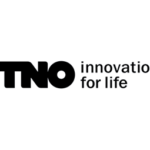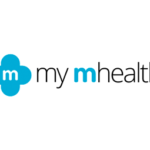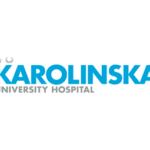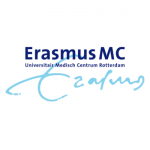
Project
3 main reasons to apply big data technologies in healthcare
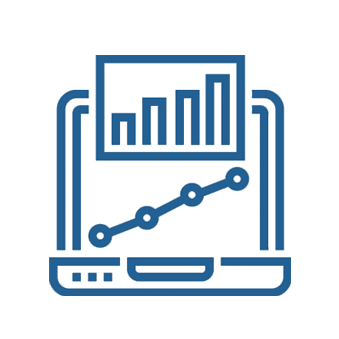
1. An improvement in health leads to economic growth through long-term gains in human and physical capital, which ultimately raises productivity and per capita GDP.
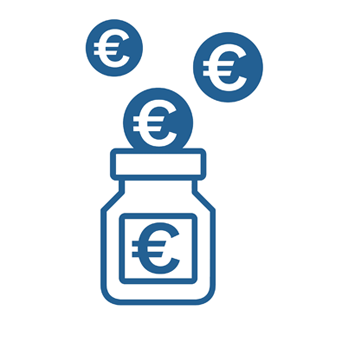
2. Healthcare accounts for 10% of the EU’s GDP continuously becoming more expensive due to a rapidly aging population, rising prevalence of chronic diseases and costly developments in medical technology.

3. As healthcare is traditionally very conservative with adopting ICT, while big healthcare data is becoming available, the expected impact of applying big data technologies in healthcare is enormous.
In 2014 the EU-28’s total healthcare expenditure was €1.39 trillion (10% of the EU’s GDP).
This is expected to increase to 30% by 2060.
The expected increase of healthcare expenditure results in the need to improve the sustainability of current health system models:
The effectiveness of a healthcare system depends on quality (determined by efficacy, value and outcome), access (who can receive care when needed) and cost (the actual expense of patient care).
To improve productivity of the healthcare sector, it is necessary to reduce cost while maintaining or improving the quality of care provided. The fastest, least costly and most effective way to achieve this, is to use the knowledge that is hiding within the already existing large amounts of generated medical data, currently estimated around 1 Zettabyte. The current trend is towards digitalization of these large amounts of data resulting in what is known as big data.
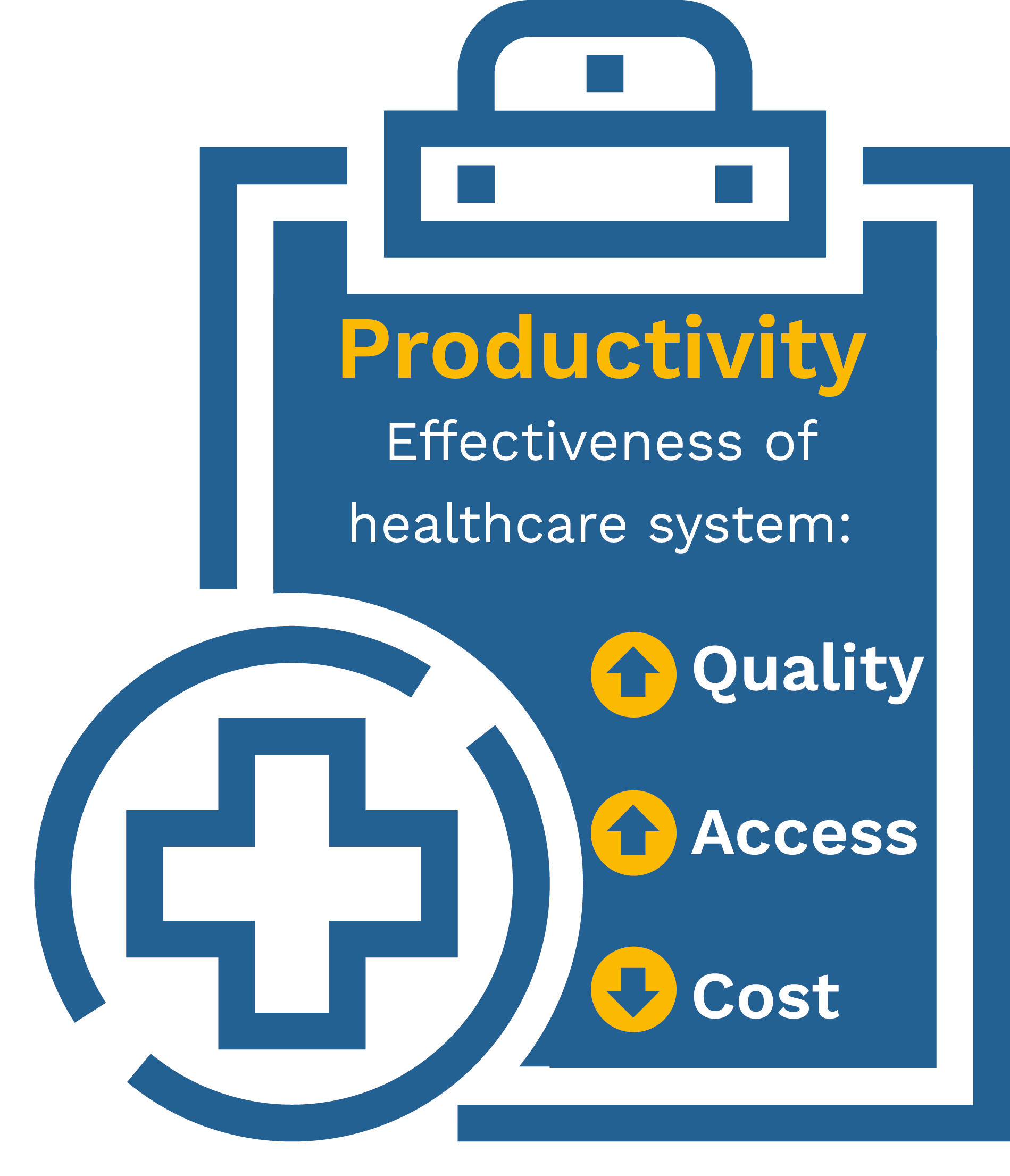
Overview
The largest initiative to transform healthcare sector through big data
BigMedilytics (Big Data for Medical Analytics) is the largest EU-funded initiative to transform the region’s healthcare sector by using state-of-the-art big data technologies to achieve breakthrough productivity in the sector by reducing cost, improving patient outcomes and delivering better access to healthcare facilities simultaneously.
The project is composed of 12 pilots that address three themes with the greatest impact on the sector—Population Health and Chronic Disease Management, Oncology and Industrialization of Healthcare Services— and covers the entire Healthcare Continuum from Prevention to Diagnosis, Treatment and Home Care.
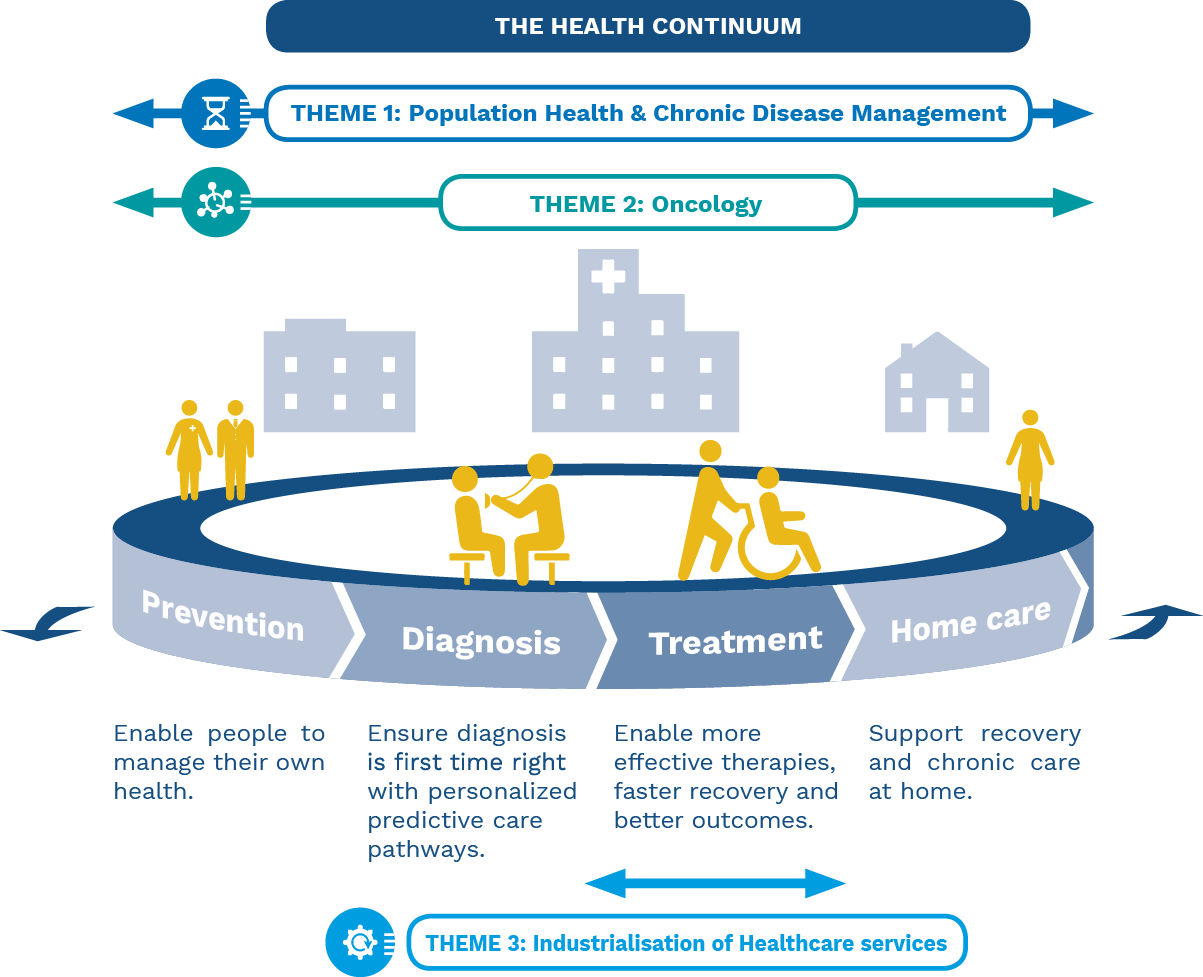
What BigMedilytics delivers
1. A Big Data Healthcare Analytics Blueprint (defining platforms and components), based on open Big Data technologies, which enables secure collaborative innovation.
2. Instantiations of the Blueprint which are used to replicate BigMedilytics concepts across the 12 large-scale pilots accounting for an estimated 86% of deaths and 77% of the disease burden in Europe
3. The Best “Big Data technology and Healthcare policy” Practices taking into account aspects related to Big Data technologies, new business models and European and national healthcare data policies and regulations.
Characteristics of datasets used
BigMedilytics will use health records of more than 11 million patients across 8 countries in Europe, streaming data from Internet of Things (IoT)-connected devices at more than a million records per hour and patient generated data from mobile apps. It also ensures that security and privacy of personal data are guaranteed and managed within national and EU regulatory frameworks.
The BigMedilytics project is an initiative which originates from the Big Data Value Association (BDVA) with the intention to implement a part of the program related to the Large Scale projects. The project is formed by a consortium of 35 entities led by Philips.
Objectives
Objective 1: Improve chronic disease and cancer outcomes using Big Data
Demonstrate that Big Data solutions can be used to improve productivity by at least 20% in the care of patients suffering from chronic diseases or cancer by reducing cost of care, improving quality through better patient outcomes and improving access to healthcare facilities.
Objective 2: Optimize workflows through industrializing healthcare services using Big Data
Demonstrate how healthcare services can be industrialized by identifying and optimizing workflows in real-time by integrating and analysing heterogeneous data streams and thus resulting in productivity gains of at least 20%.
Objective 3: Guarantee replicability of Big Data concepts for healthcare
Demonstrate that the flexible Big Data Healthcare Analytics Blueprint and the Best “Big Data technology and Healthcare policy” practices can be used to easily replicated BigMedilytics’ concepts across a multitude of scenarios and applications in the healthcare sector.
Objective 4: Increase the activity through data integration
Demonstrate how the Big Data Healthcare Analytics Blueprint can be used to help all players across the Healthcare and Data Value chains collaborate in new ways by allowing easy integration of large, complex datasets. This will increase the use of big data technologies improving patient care.
Objective 5: Establish secure and privacy preserving cross-border and cross-organisation healthcare services thus strengthening EU’s Digital Market Strategy
Demonstrate how BigMedilytics secure architectures allow secure Big Data Healthcare services to be offered across borders within Europe thus strengthening the EU’s Digital Single Market Strategy.
Objective 6: Define Best “Big Data” practices
Define the Best “Big Data technology and Healthcare policy” Practices for the EU which describes the best practices from both a Big Data technology, business models, policy and regulatory perspective for a variety of applications and scenarios in the EU’s healthcare sector.
Objective 7: Enable knowledge transfer
Transfer knowledge generated in the BigMedilytics pilots to 69 External Exploitation Partners across the Big Data Value Chain through dedicated workshops. This accelerates adoption of concepts throughout the entire healthcare sector.
Impact

BigMedilytics will have a transformational impact on the healthcare sector by ensuring that big data technologies will be used routinely throughout the healthcare sector in delivering high-quality care while reducing costs. In this sense, the project will:
- Demonstrate an increase in healthcare productivity between 20% and 63% across 12 pilots covering the most prevalent and expensive disease groups across Europe. Evidence suggests that by improving the productivity of the healthcare system, public spending savings would be large, approaching 2% of GDP on average in the OECD which would be equivalent to €330 billion in Europe based of GDP figures for 2014.
- Enable collaborative innovation across the key players of the Healthcare and Data Value Chains.
- Increase of market share of big data technology providers by at least 25% in the Oncology, Cardiology, Radiology, Hospitals Logistics and Healthcare IT Security market segments.
- Create lasting impact of big data in the healthcare sector, even after project completion, due to investment of €78 million by the consortium.
- Contribute to 40-70 times reduction in carbon emissions due to the usage of telehealth driven by big data technologies thus contributing to Europe’s 2020 emission targets.
- Be instrumental role in training Europe’s next generation of healthcare data innovators.
Consortium
BigMedilytics is a consortium of 35 entities, led by Philips, in which healthcare providers, technology companies, pharma, research institutes and universities from 12 different countries participate.
The Netherlands and Germany, with 8 members each, are the countries with the largest number of partners, followed by Spain with 5 and United Kingdom with 3. France, Austria and Greece participate in the project with 2 partners each. Finally, there is the collaboration of a participant from Finland, Ireland, Israel, Serbia and Sweden.
Supporters
These organisations, known as External Exploitation Partners, actively participate in the demonstration of the 12 large scale pilots in order to demonstrate Big Data concepts in Healthcare and gather feedback to refine the pilots.






